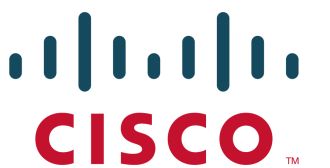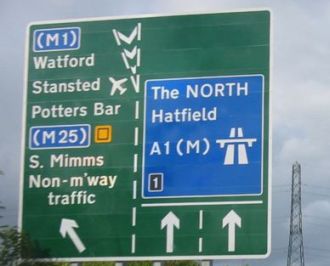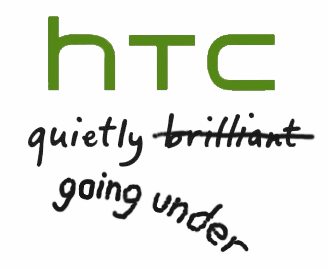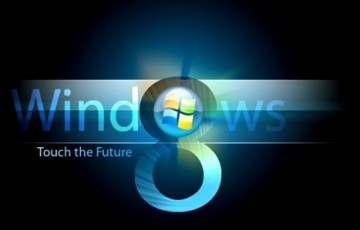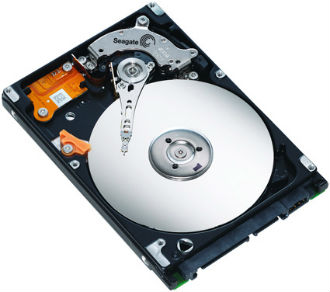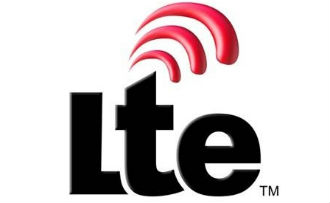 Online sales are booming and taking their toll on brick and mortar shops, but another interesting trend is starting to emerge. Cross-border sales in Europe are expected to hit £36 billion this year. As much as 10.6 per cent of all online purchases will be cross-border affairs.
Online sales are booming and taking their toll on brick and mortar shops, but another interesting trend is starting to emerge. Cross-border sales in Europe are expected to hit £36 billion this year. As much as 10.6 per cent of all online purchases will be cross-border affairs.
It might be a worrying trend for some, but not for British retailers, as they are the most successful in doing business across borders.
According to IMRG data, international consumers dropped as much as £7.4 billion on British online retail sites and the figure is expected to hit £10 billion in 2013. The UK online retail market is second only to the US in terms of overall value. IMRG concluded that cross-border markets are becoming increasingly attractive for UK retailers, as they offer multiple opportunities for sustained growth.
Andrew McClelland, Chief Operations & Policy Officer at IMRG, commented: “Cross-border is the future of e-commerce, and the opportunity is particularly strong for UK retailers due to the advanced state and sophistication of the market here.”
However McClelland warns that expanding internationally is a complex business and retailers need to carefully identify markets that are appropriate to them rather than just attractive in terms of value and growth. Basically, they have to do their homework.
“Research is everything when it comes to cross-border; there have been several instances of retail brands finding success by selling product ranges that they are not well-known for by consumers in the UK,” he said.
In order to facilitate cross-border growth across Europe, Trusted Shops and IMRG came up with ‘Internet Shopping is Safe (ISIS)’ schemes in 2012. Their goal is to create a standard European trustmark that supports UK retailers in their international expansion strategies.
